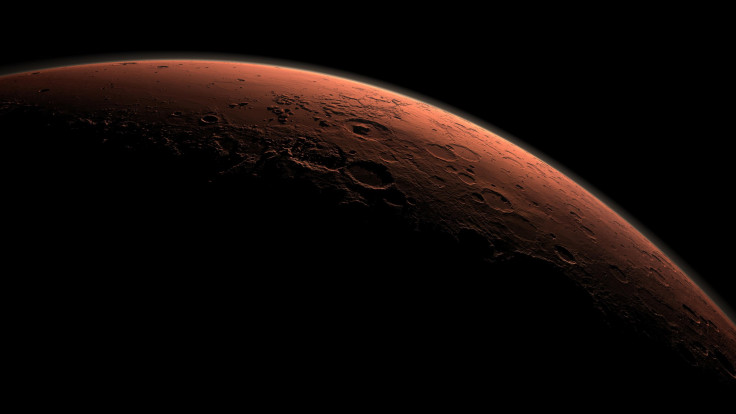NASA begins Mars-isolation programme to simulate life on space journey

Six NASA recruits have begun living in a dome near a barren volcano in Hawaii for a year-long isolation programme to simulate what life would be like on Mars. The programme seeks to guide the NASA to prepare for the pioneering mission to the red planet.
NASA reported that the isolation experience will be the longest of its type attempted, to see possible factors or risks to be considered in a human mission to Mars. Experts estimate that the real mission could last between one to three years.
The previous isolation programmes have focused on the technical and scientific challenges of the journey, and the newly launched programme on Aug. 28 will address the human element of exploration and problems that could arise living in tight quarters. The team is scheduled to spend 365 days in close quarters under the dome without fresh air, food or privacy.
Each recruit is required to wear a spacesuit to venture outside the self-contained solar-powered dome, and has only limited access to the internet. The team consists of six experts including a French astrobiologist, a German physicist and four Americans; a pilot, an architect, a doctor/journalist and a soil scientist.
"We hope that this mission will build on our current understanding of the social and psychological factors involved in long-duration space exploration,” said Kim Binsted, the project's principal investigator and a professor at the University of Hawaii. The programme will also help NASA to realise on how best to select and support a flight crew that will work cohesively as a team while in space, she added.
In a long-duration space exploration, conflicts between the participants or the astronauts may occur during the long-duration mission. “Even with the very best people," they predict the circumstance is going to happen, Binsted stated.
Sheyna Gifford, a scientist and journalist involved in the experiment, said the team is composed of "six people who want to change the world by making it possible for people to leave it at will" in a post on her blog. The recruits will each have a small sleeping cot and a desk inside their rooms, and will be eating food such as powdered cheese and canned tuna during the experiment.
Contact the writer at feedback@ibtimes.com.au or tell us what you think below





















